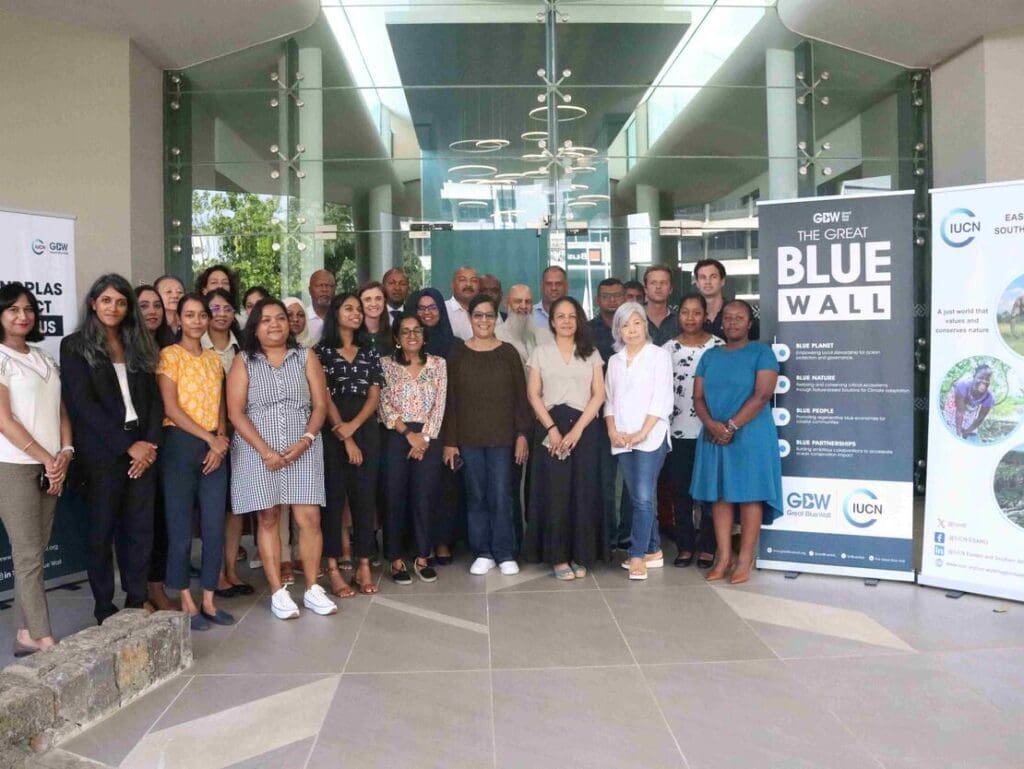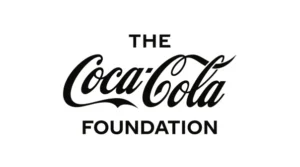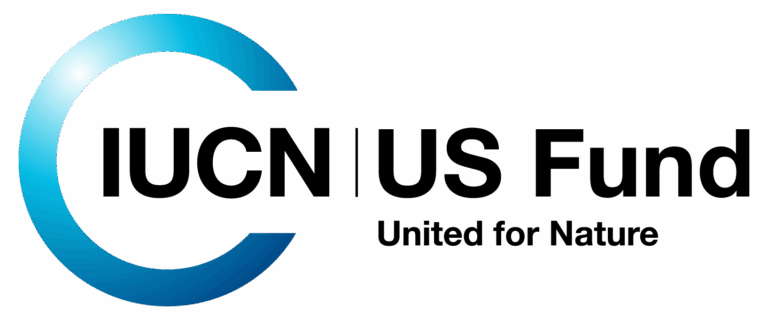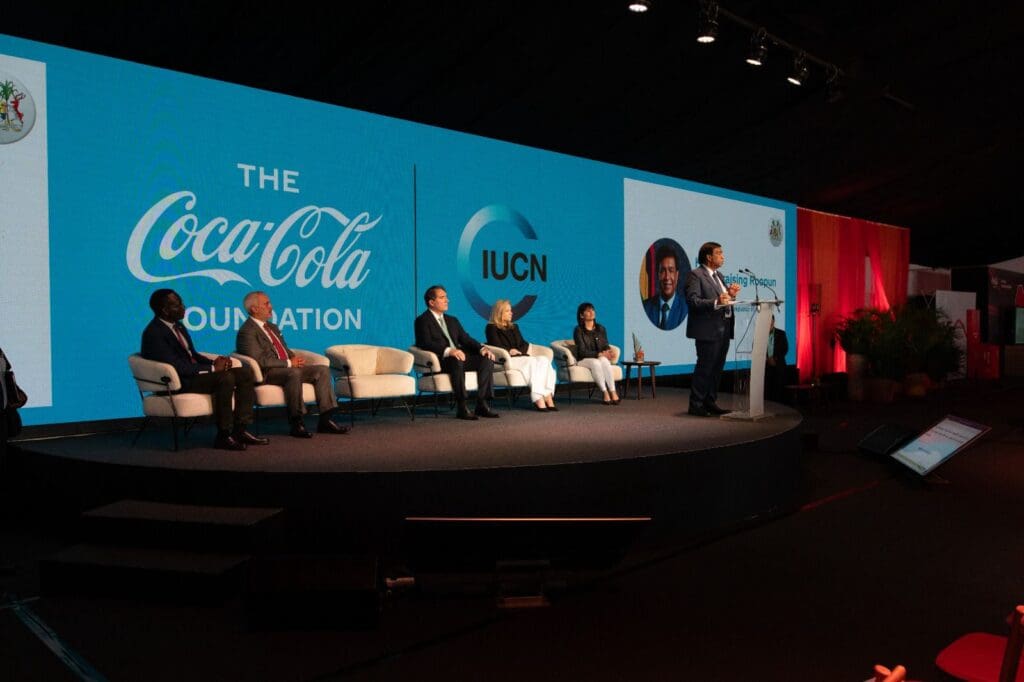Cabo Verde, Comoros, Madagascar, Mauritius, São Tomé and Príncipe, Seychelles, and Zanzibar cumulatively generate an estimated 1.9 million tons of municipal waste each year with an estimated 11 percent in plastic waste material. Unfortunately, close to 118 thousand tons of plastic waste on the islands is uncollected and/or mismanaged.
Uncollected or mismanaged waste is the single largest source of plastic pollution in the marine environment in Sub-Saharan Africa. This puts ecosystems and communities at risk as plastic degrades and enters waterways. Widespread use of open dump sites, open air burning, dumping in waterways is prevalent, which poses a harm to local communities through generation of noxious gases.
Mismanaged waste is likely to find its way into local waterways and ultimately into the Indian Ocean where it negatively impacts the tourism sector, fisheries and aquaculture, shipping, taxpayers, and the budgets of municipal and national authorities responsible for waste management.
On average, Seychelles and Cabo Verde achieve plastic waste collection and recovery rates above 70%; the other countries achieving an average of 50%; and Mauritius has the lowest waste collection rate.
The target Islands are characterized by fragmentation in the solid waste management sector, further constrained by financing, jurisdiction and responsibilities of national agencies, municipalities, private contractors, and waste producers.
The IslandPlas grant works to build capacity and allocate resources for the management of plastic pollution on the seven islands, restoring natural beauty to be enjoyed by communities, providing safety for local species, and preventing air pollution through dangerous plastic removal techniques.
Media


This grant would not be possible without the support of Tehe Coca-Cola Foundation.




